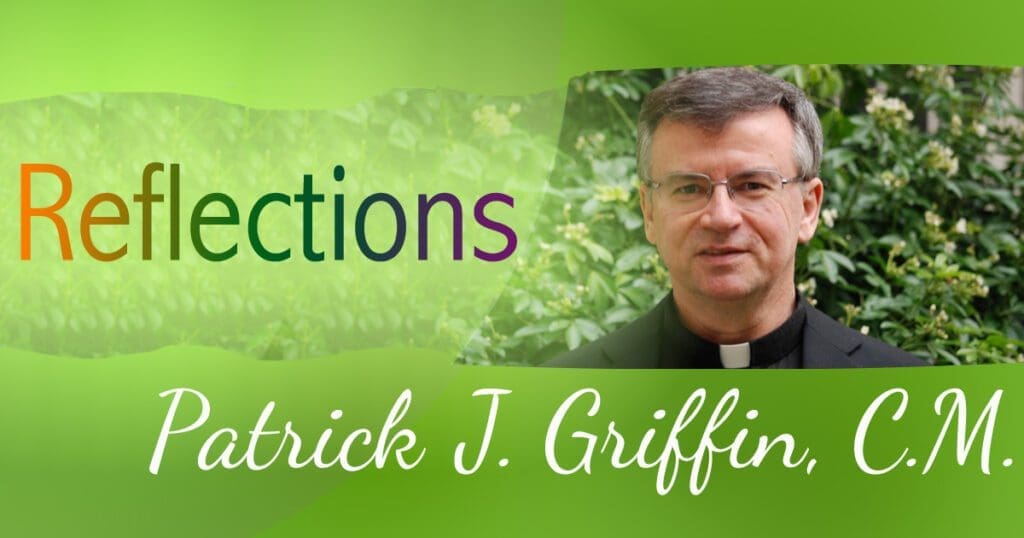During the past month, I have celebrated three weddings. I have, of course, served as the official witness at weddings before, but July marked the first time that I had the honor to do so many in such quick succession. In preparation for the celebrations, one word kept emerging for me from the texts—“covenant.”

The man and the woman who brought themselves before the Lord to vow themselves to each other did not simply enter into an agreement or contract. They made a covenant. Something about that word captures the holiness, the permanence and the completeness of their words and actions. It suggests the personal, the interpersonal, and the presence of the Divine. And, the ring captures something of the weight of their solemn promise.
The Old Testament contains examples of covenants between individuals, but moreso between God and his people. We can point to the stories of Abraham, Moses, and David. We can look to the stories involving the Sabbath, the rainbow and circumcision. The Ark of the Covenant offers a wonderful symbol of God’s Covenant with this Holy People. The hope, of course, is that as God binds himself to his People, they will be faithful to him as he leads and cares for them. This hope finds expression in many places and in different ways, but it essentially affirms:
“I will be your God, and you shall be my people.” (Jer 7:23; Ezek 36:28; Exod 6:7)
The New Testament repeats this promise (2 Cor 6:16; Rev 21:3), and offers the great covenant instituted by Christ at the Eucharist:
Then he took the bread, said the blessing, broke it, and gave it to them, saying, “This is my body, which will be given for you; do this in memory of me.” And likewise the cup after they had eaten, saying, “This cup is the new covenant in my blood, which will be shed for you.” (Lk 22:19-20; 1 Cor 11:25; Mk 14:24)
In Christ, the covenant between God and humankind reaches its fullness and perfection. The Eucharist presents the seal of this covenant. Through Christ, we fully join ourselves to the Father in the sacrament.
The evocative biblical images associated with covenant suggest its importance and value in the sacrament of marriage. The man and the woman each draws him/herself completely into the words and actions of the ceremony. With that fullness, they make the singular promise that unites them for a lifetime in a covenanted love:
Priest: Since it is your intention to enter into the covenant of Holy Matrimony, join your right hands, and declare your consent before God and his Church.
Groom: I, (name), take you, (name), to be my wife. I promise to be true to you in good times and in bad, in sickness and in health. I will love you and honor you all the days of my life.
Bride: I, (name), take you, (name), to be my husband. I promise to be faithful to you in good times and in bad, in sickness and in health, to love you and to honor you all the days of my life.
In my celebrations of this past month, I found the idea of one person covenanting him or herself to another very powerful. I remember my covenant with the Lord through my vows. In the Vincentian Family, our covenant unites us to one another in our service of the poor.





Very moving interweaving of the “two grace-filled stories.”
As above, very moving. Thank